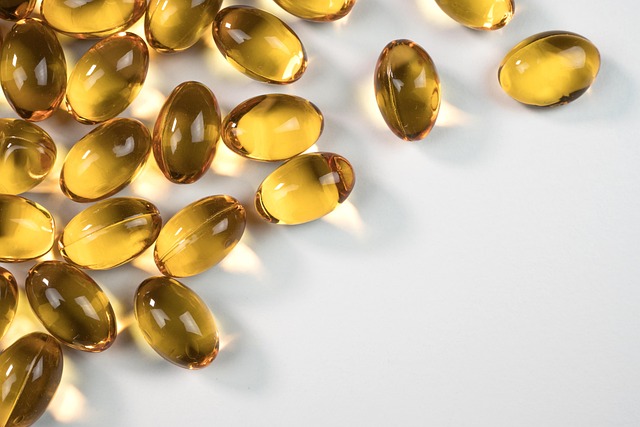Women considering parenthood but facing challenges with low or poor-quality eggs can turn to an egg donor as a viable solution. Donor eggs, derived from healthy young donors, significantly improve fertilization and pregnancy success rates where traditional methods have failed. This option is particularly beneficial for those affected by aging, medical conditions, or genetic factors detrimental to egg health, offering hope and a chance at motherhood. Although emotionally challenging, support from partners, family, friends, and professionals guides women through these unique challenges. Adopting coping strategies like support groups, therapy, positive mindset, self-care, and strong social connections enhances overall well-being, making the process more manageable.
“For many women facing challenges with poor egg quality, exploring options like donor eggs is a significant step towards building their families. This article provides an in-depth look at the emotional support mechanisms available to these individuals during their unique journey. We delve into the understanding of egg quality issues, highlighting the role of donor eggs as a viable solution. Furthermore, we explore strategies for resilience and coping, emphasizing the importance of emotional support tailored to their needs.”
Understanding Egg Quality Issues in Women
Many women who are considering parenthood face the challenge of poor egg quality, often due to aging or underlying health conditions. This can be a significant barrier to natural conception, leading many to explore alternative paths, such as utilizing an egg donor. Understanding the impact of poor egg quality is crucial for these women navigating their reproductive journey.
Egg quality plays a pivotal role in fertility, as it determines the likelihood of successful fertilization and implantation. Factors like genetic mutations, hormonal imbalances, and environmental influences can contribute to reduced egg quality. For women with poor egg reserves or low-quality eggs, an egg donor becomes a viable option, offering a chance at building their families through assisted reproductive technologies.
The Role of Donor Eggs as a Solution
Donor eggs play a pivotal role in providing an effective solution for women facing fertility challenges, particularly those with poor egg quality. This alternative approach offers hope and a chance at motherhood for individuals who might otherwise struggle to conceive. By utilizing donor eggs, couples or single women can navigate the complexities of infertility, especially when other methods have been explored without success.
For women experiencing suboptimal egg health, donor eggs serve as a game-changer. Poor egg quality can be attributed to various factors, including age, medical conditions, or genetic predispositions. In such cases, replacing the woman’s eggs with healthy donor eggs from a young, fertile donor can significantly improve the chances of successful fertilization and pregnancy. This procedure allows for the transfer of high-quality eggs, enhancing the overall fertility potential and increasing the likelihood of a healthy pregnancy outcome.
Emotional Support for Women on Their Journey
Embarking on the journey of using a donor egg due to poor egg quality can be an emotional rollercoaster for women. It’s a decision that often involves grappling with complex feelings, from fear and anxiety about the unknown to hopes and dreams for the future. Emotional support during this process is invaluable. Having a supportive partner, family members, or friends who understand the unique challenges can make a significant difference in a woman’s experience.
Professional support from specialists in reproductive health and fertility clinics also plays a crucial role. These experts not only guide women through medical procedures but also offer psychological support tailored to their individual needs. They help women navigate the emotional aspects of donor egg use, providing reassurance, counseling, and resources for coping with any stress or anxiety related to poor egg quality and the decision to proceed with a donor.
Building Resilience and Coping Strategies
For women facing challenges with poor egg quality, turning to donor eggs can be a significant step in their fertility journey. This decision often requires building resilience and adopting effective coping strategies. Many find solace in understanding that they are not alone in this process, as they navigate the emotional landscape of infertility.
Support groups, therapy, and open communication with healthcare providers can help women develop mechanisms to cope with the stress and anxiety associated with poor egg quality. Embracing a positive mindset, practicing self-care, and fostering strong social connections can enhance resilience, making the journey towards parenthood more manageable. These coping strategies not only assist in dealing with the immediate challenges but also contribute to overall well-being, ensuring women are better equipped to face the unique aspects of using donor eggs.
For women facing challenges with egg quality, utilizing donor eggs can be a significant step towards building their families. This journey, however, is not without emotional complexities. Providing emotional support tailored to their unique experiences is crucial. By fostering resilience and equipping them with coping strategies, we can ensure these women feel empowered throughout the process. Embracing this supportive approach acknowledges the strength required to navigate the path of egg donation for poor egg quality while celebrating the potential for a bright future.
